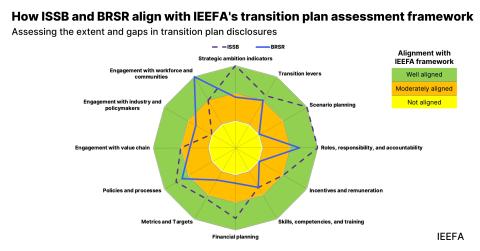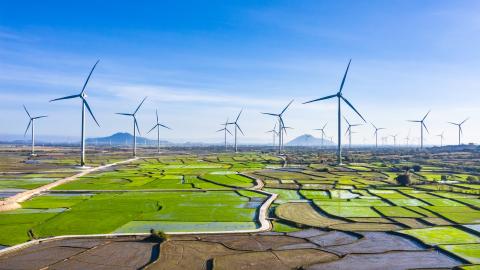Political and economic crisis throws Argentina’s energy market into disarray
Download Full Report
View Press Release
Key Findings
Only two bids to export natural gas to Chile, Uruguay or Brazil were submitted since August, which represented only 20 percent of the government’s plan to export 10 million cubic meters per day.
ExxonMobil, Total, and Wintershall were granted permits to export gas to Chile, but did not submit applications.
Natural gas production, though below plan, has created a glut. Production of natural gas has increased 5% in 2018 and even more in the first several months of 2019, largely fueled by fracking in Vaca Muerta.
Executive Summary
Argentina’s already distressed energy market achieved a new level of disarray when President Mauricio Macri lost his primary bid for reelection. Producers are indicating they have slammed on the brakes on their investments in Vaca Muerta, located in Argentina’s northern Patagonia, until after the October 27 presidential elections. Oil and gas companies blame shifting energy policies, currency controls, price freezes and inadequate infrastructure. For Argentine consumers, government measures to subsidize energy prices have not kept pace with inflation that now exceeds 50 percent. Despite a glut of natural gas, largely from the growth of unconventional production (fracking) in Vaca Muerta, Argentines are not enjoying low gas prices and other benefits.
Please view full report PDF for references and sources.
Press release: IEEFA brief: Political and economic crisis throws Argentina’s energy market into disarray















